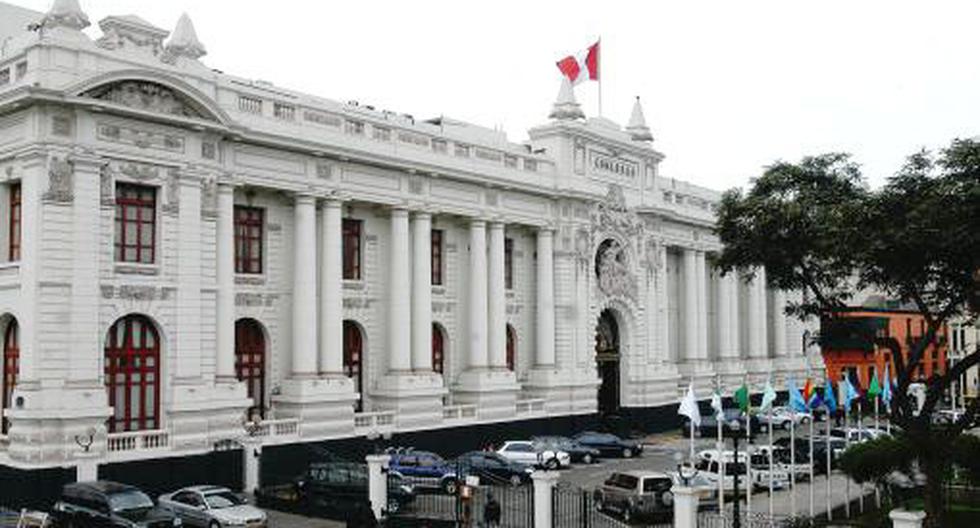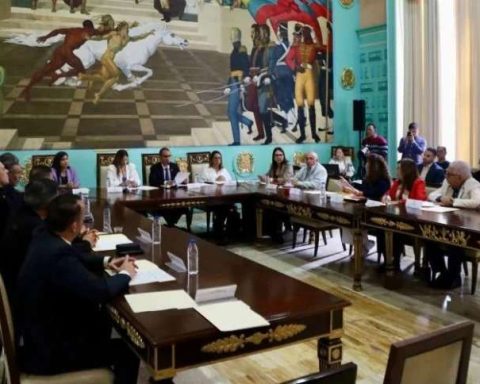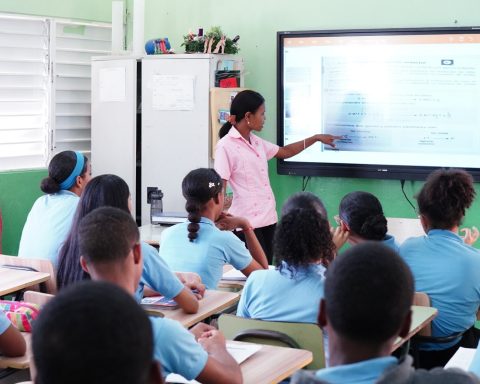Facebook and Instagran will adopt a series of measures to combat misinformation in the face of the October elections in Brazil, including the almost immediate elimination of “false messages,” the company Meta reported on Friday.
Source: EFE
Artificial intelligence will accompany in real time the “set of signals” identified by the algorithm as “false messages” or that violate electoral legislation on Facebook and Instagram to be deleted from the authors’ profiles “almost immediately,” he explained to Efe a source from Meta, a firm that controls both networks.
The reported cases and the “more complex” will be analyzed by a multidisciplinary center of computer specialists and experts in electoral legislation and other areas, similar to the one that operated in the 2018 elections, the source said.
In a statement, the company indicated that it had invested in equipment, technological tools and alliances “to help protect Brazilian elections” and reiterated its collaboration with electoral authorities and independent verification agencies to reduce the spread of “fake news.”
With the “approximation of the elections”, which will be held in their first round on October 2, “we will activate our Operations Center for the Elections”, which will identify “potential threats” “in real time” and will facilitate a “rapid response ”, underlined Meta.
The “removal of content” that encourages people to stop voting -which in the country is mandatory for people between 18 and 70 years old-, that contains “hate speech” or “interferes with voting” and the exclusion of false profiles, even without having been denounced, they are among the measures adopted, he mentioned.
A seal with access to the Superior Electoral Tribunal (TSE) page on Facebook and Instagram posts and an extrajudicial channel to deal with complaints of electoral crimes on WhatsApp are other mechanisms implemented by Meta, which has already had friction with the president. Jair Bolsonaro.
In April, Bolsonaro met with representatives of WhatsApp, who offered explanations about the decision to postpone the dissemination of mass messages with the new “Communities” tool until after the elections, in a decision that had been criticized by the leader.
The TSE, which has been the object of constant criticism by Bolsonaro, has promoted agreements in recent months with the main social networks to stop the spread of false news in the process for the presidential elections next October.
The so-called “fake news” played a crucial role in the 2018 elections, which resulted in the victory of the far-right leader.
The electoral campaigns of 2018, mainly that of Bolsonaro, were the subject of investigation by the TSE and complaints about the massive spread of false news, such as the one carried out by the investigative journalist Patricia Campos Mello, from the newspaper Folha de Sao Paulo and winner of the King of Spain Award.
Already as president, some publications by Bolsonaro and allied politicians have been removed from social networks, such as the YouTube video of a recent meeting with some forty ambassadors in which the president insisted on his criticism of the electronic voting system, used since 1996 without proven fraud.

















